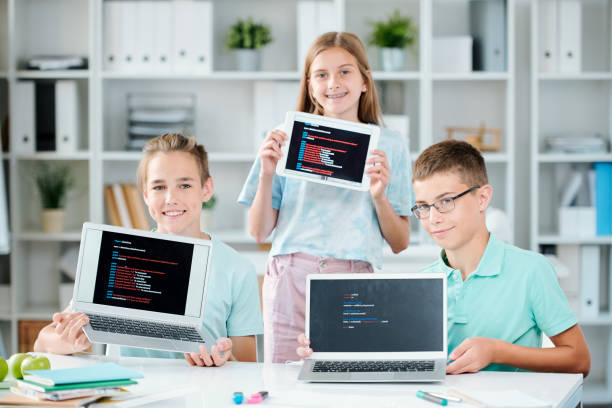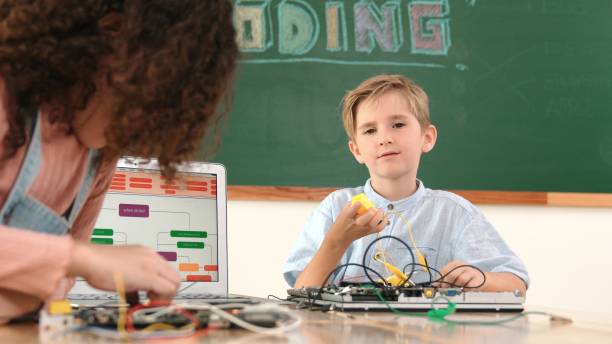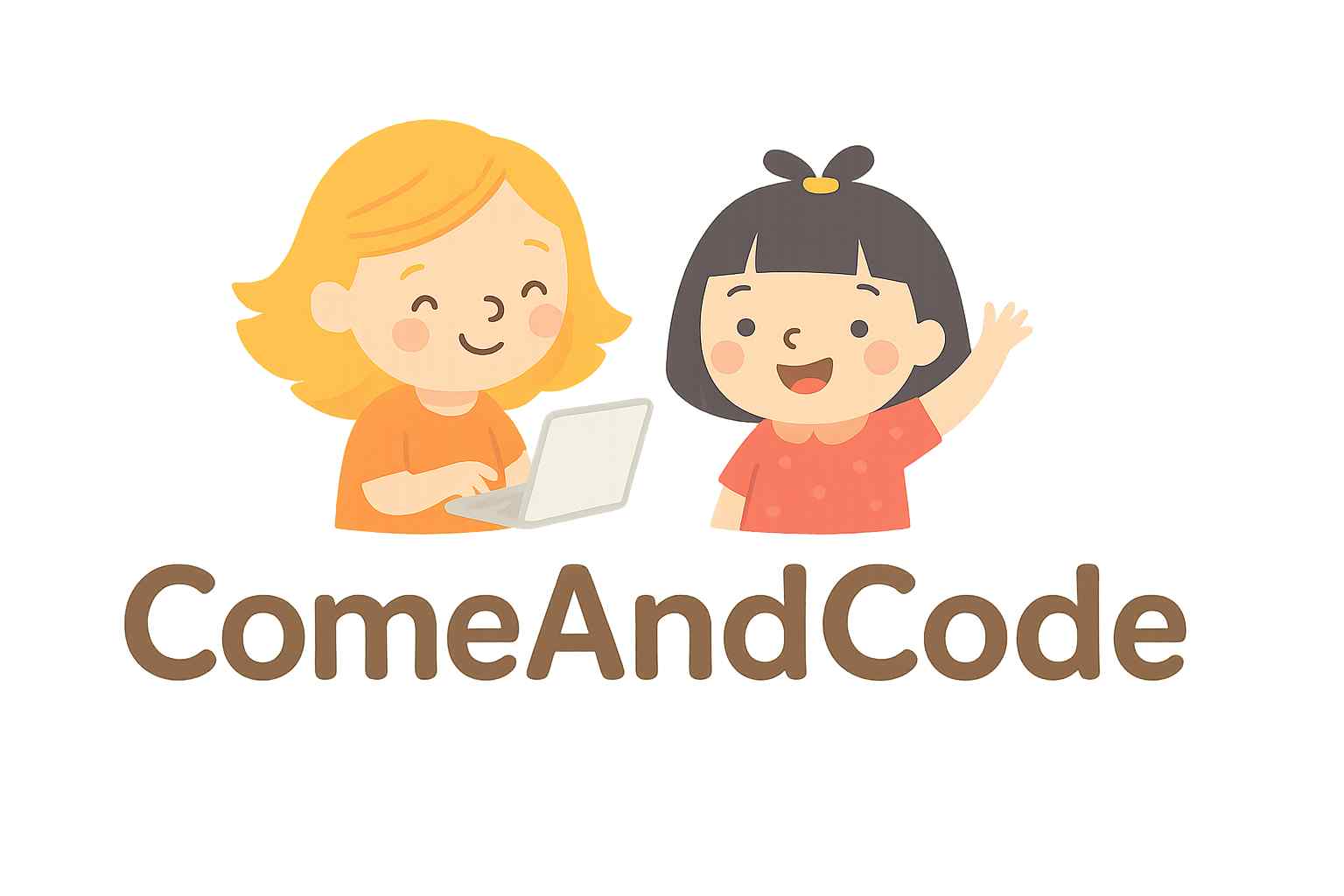Introduction:
In today’s technology-driven world, coding skills have become increasingly valuable, even for children. Introducing kids to coding early provides them with a foundation in problem-solving, creativity, and logical thinking. Scratch, a visual programming language designed for young learners, offers an accessible and engaging platform for kids to explore the fundamentals of coding. Mini Coders aims to empower children through interactive coding lessons, helping them build skills that will benefit them in school and beyond.
In this article, we’ll dive into the top ten benefits of teaching Scratch programming to kids, covering the skills they develop and the ways these skills support their overall learning journey.
1. Enhances Problem-Solving Skills

- Scratch programming introduces children to problem-solving as they work through coding tasks, debugging issues, and figuring out logical steps to achieve a desired outcome. By breaking down problems and testing solutions, kids learn how to approach challenges with patience and determination.
2. Boosts Creativity and Imagination
- Scratch is not just about code; it’s about creating something unique. Children can design their characters, build animations, and develop interactive stories or games. This freedom allows them to unleash their creativity, transforming abstract ideas into interactive projects that bring their imagination to life.
3. Develops Computational Thinking
- Computational thinking is the process of approaching problems in a structured, logical manner—similar to how a computer would. Scratch programming helps children understand this process by encouraging them to organize their thoughts, create step-by-step sequences, and recognize patterns. These skills are essential for understanding complex topics across different subjects.
4. Improves Mathematical Skills
- Coding in Scratch naturally involves math concepts, such as coordinates, angles, and sequencing. By applying these concepts to real-life scenarios within the program, children enhance their understanding of math while also seeing its practical applications. This hands-on experience makes learning math more enjoyable and accessible.
5. Encourages Collaboration and Teamwork
- Scratch has an online community where kids can share their projects, receive feedback, and collaborate with others. This collaborative environment teaches children how to work with others, exchange ideas, and accept constructive criticism, which are all valuable skills in both school and everyday life.
6. Promotes Logical Reasoning and Critical Thinking
- In Scratch programming, children need to think critically about how different elements of their code interact. They learn to analyze conditions, create logical sequences, and ensure that each part of their code works as intended. This fosters a mindset of logical reasoning, enabling them to approach situations thoughtfully and make informed decisions.
7. Enhances Communication Skills
- Explaining their coding projects, both verbally and through documentation, helps kids refine their communication skills. Scratch projects often require a narrative, and children must convey their ideas in ways others can understand, whether through story-based animations or game instructions. This skill also boosts their confidence in public speaking and presenting their ideas.
8. Builds Persistence and Resilience
- Coding challenges in Scratch often require multiple attempts to get right. Children quickly learn that mistakes are part of the process, building resilience as they keep trying to find solutions. This persistence is a valuable life skill, helping kids approach setbacks with a positive mindset and determination to succeed.
9. Introduces the Fundamentals of Coding Languages

- Scratch provides a foundation in programming concepts like loops, conditionals, and variables—concepts that are present in many programming languages. By starting with Scratch, kids develop a basic understanding that prepares them for more advanced coding languages in the future, making the transition smoother and less intimidating.
10. Prepares Kids for Future Careers
- As technology continues to evolve, coding skills are becoming more valuable in many career paths. By learning Scratch, children gain early exposure to these skills, opening doors to opportunities in various fields such as game design, animation, and app development. Mini Coders provides children with an early advantage, setting them up for future success.
How Mini Coders Supports Kids in Learning Scratch
Mini Coders is dedicated to providing an engaging and supportive environment for children to learn Scratch programming. With structured lessons, interactive projects, and guidance from experienced instructors, kids not only learn the basics of coding but also build confidence and enjoyment in their learning journey.
Conclusion:
Teaching Scratch programming to kids offers numerous benefits, from boosting creativity to enhancing problem-solving skills. As children learn to code with Scratch, they gain valuable skills that will serve them well both in their academic careers and in the increasingly digital world. With the support of Mini Coders, young learners can embrace coding as a tool for creativity, innovation, and self-expression.
